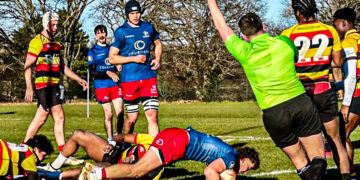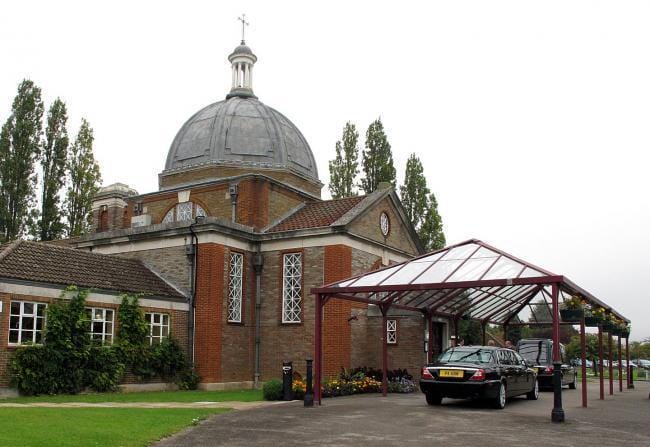READING Council has revealed it has just five years land supply left for burials.
As a result, it expects that, by 2029, this type of funeral will need to be conducted outside of the borough.
At the moment, the council oversees three cemeteries: Reading Cemetery and Crematorium in Henley Road and a smaller cemetery in Victoria Road, both in Caversham, as well as the Old Cemetery at Cemetery Junction.
People can choose from a range of different burial options, with the three main choices being between a full body burial, a cremation burial and a granite wall plaque in the ‘Hall of Memory’ at Reading Cemetery.
The cost of a having a traditional grave has risen to £1,590, which comes with burial rights for 50 years. A lawn grave is cheaper, at £1,165.
A memorial bench with a plaque for 10 years costs £1,482, and a memorial tree or flower bed with a stem plaque costs £1,160.
A granite memorial in a sanctum for 25 years costs £1,195, while a grave for Muslims costs £1,165.
Meanwhile, a granite wall plaque in the Hall of Memory costs £495, and the interment of ashes is £156.
The nature of a burial may depend on the faith of the deceased person and their relatives.
The Catholic Church forbade cremation until 1963, and full-body burial is still favoured by many Catholics, while other Christians, as well as Sikhs, Hindus, Buddhists and reform Jews are permitted to have cremations.
However, cremation is not allowed in Islam and Orthodox and Conservative Judaism.
The burial pricing webpage repeatedly refers to exclusive burial rights between 10 to 50 years.
A Reading Borough Council spokesperson clarified those who have purchased a grave have the rights to its use for a maximum period not exceeding 100 years.
The council spokesperson said: “The length of period granted depends on the type of grave purchased and whether it is for cremated remains only or for full body burial.
“Graves for cremated remains only are leased for 25 years and those for full body for 50 years.
“Cremated remains buried in a casket are treated in law the same as a full body burial.
“Once interred they cannot be disturbed without a government licence and would invariably require the agreement of the deceased’s next of kin as well as the grave owner.”
They continued: “At the end of the lease period the remains buried in a grave must not be disturbed.
“However, any depth remaining in the grave can be used for further burial once the lease has expired and has not been renewed.
“In Reading’s case, we write to the grave owner every five years with the option to extend the grave lease.”
The prospect of running out of burial space by 2029 has led the council to investigate whether more land at the Henley Road cemetery could be used for burials rather than new allotments as originally envisaged.
Last September, the council began ground surveying to determine whether the land would be appropriate to hold human remains.
The council spokesperson clarified that survey work will continue until late this year.
The results will be subject to further guidance from the Environment Agency and will then be considered by the Council before a decision is taken on the future provision of burial space in Reading.
























